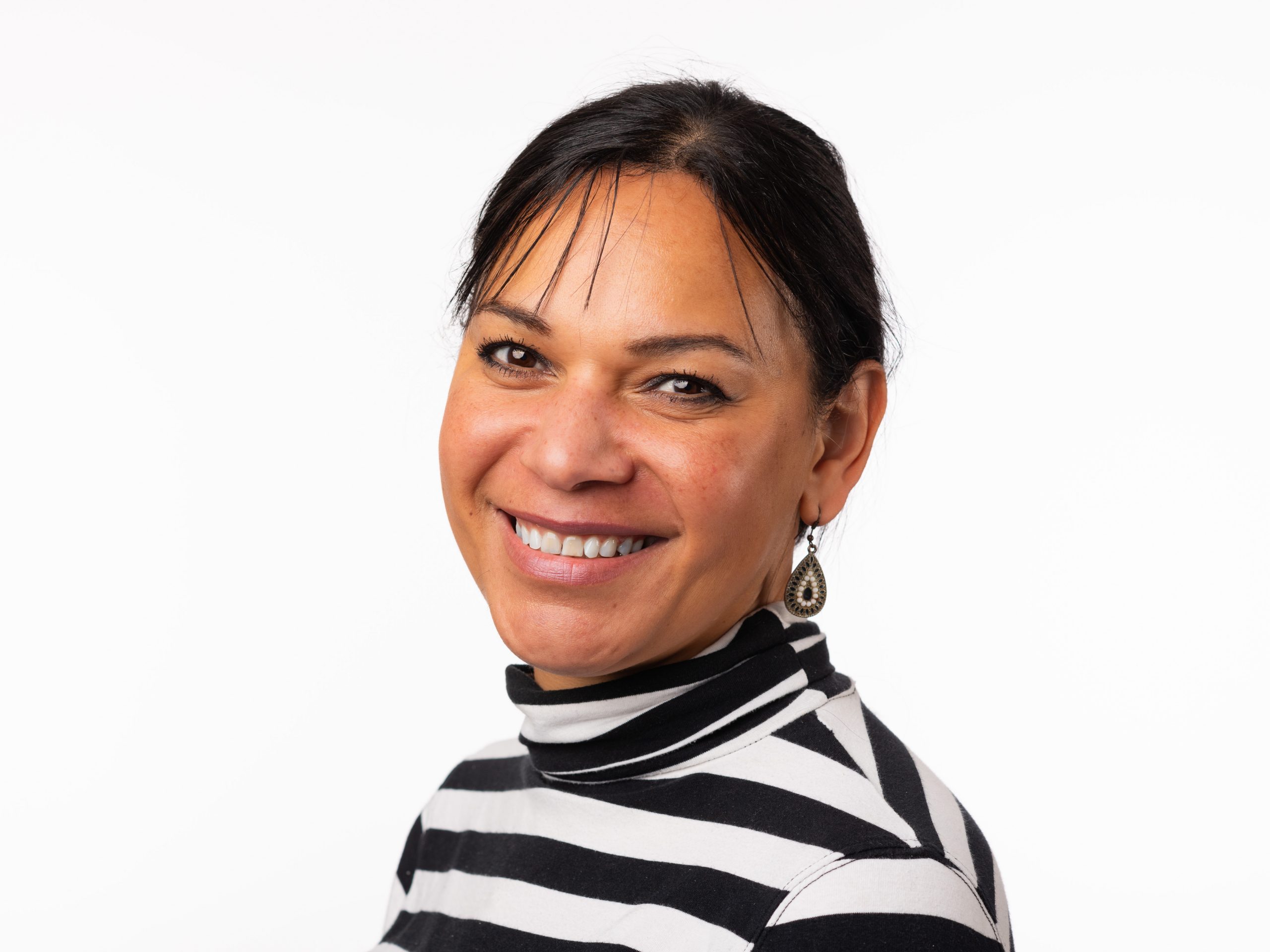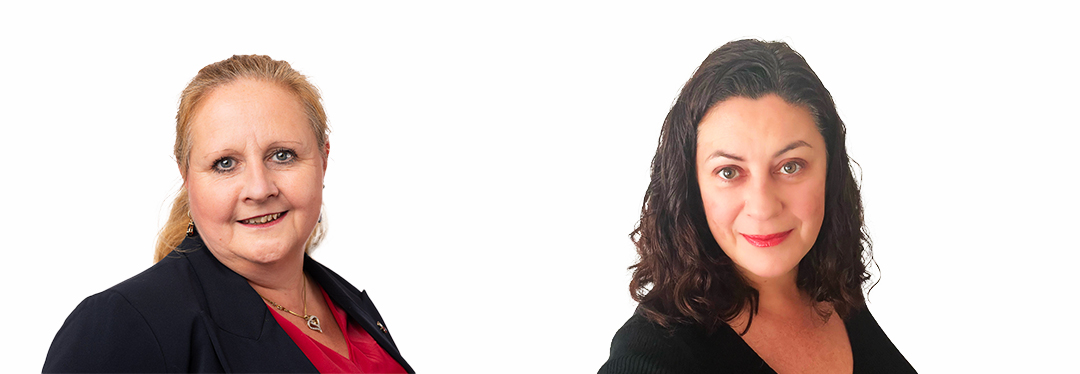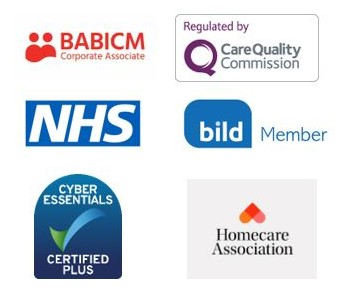Transitioning from child to adult care is a complex journey full of emotions and challenges. When young individuals face this next step, it can often feel like navigating uncharted waters without a guiding compass for the individual and those who support them.
Empowering U supports the transition into adult care services by providing expert guidance and the strong support network of our care team through our transition service.
Understanding the Transition Period
The transition from childhood to adulthood within the context of care services is a critical stage where the individual’s needs, aspirations and support structures undergo substantial change.
During this period, the emergence of independence and self-determination takes centre stage, requiring sensitive and skilful navigation to embed these principles into everyday life, while ensuring that the continuity of care is uncompromised and bespoke to the client’s needs and aligned with the family’s requirements.
Empowering U seamlessly aids young adults and their loved ones in navigating the transition from child to adult care services by crafting individualised transition plans that places the clients’ unique requirements at the centre
Challenges in Moving to Adult Care
Transitioning involves complex emotional and practical adjustments, often creating uncertainty and anxiety as familiar support networks shift. Such changes require careful planning and flexibility to ensure a seamless continuity of care. Every individual deserves a transition tailored to their unique life narrative and aspirations.
Every individual deserves a transition tailored to their unique goals A clear transition strategy is essential in supporting the individual and their family. This means predicting potential hurdles (like eligibility for different services) and aligning with the new care paradigms that focus on the client’s requirements and unique goals.
Empowering U’s Transitional Support Framework
Empowering U’s approach adopts a tailored framework, designed with the individual’s unique needs in mind. It looks to alleviate the stress that often goes with care service transitions by providing a consistent, person-centred care plan. Through preparation, collaboration and ongoing support, Empowering U ensures that young clients and their families navigate the shift to adult services with confidence and assurance.
Our specialist team facilitates a continuum of care that adapts to the individual. The focus is on enabling and empowering, ensuring all necessary resources are in place to foster a successful and fulfilling transition to adult life.
Personalised Pathway Planning
Empowering U prioritises pathway planning, essential in achieving a seamless transition from child to adult care services.
- Individualised Assessment: A comprehensive evaluation of requirements, preferences, and goals.
- Collaborative Goal Setting: Working with the individual, their family, and existing care framework to set up realistic and achievable goals.
- Resource Coordination: Identifying and organising the necessary support networks and services.
- Continuity of Care: Ensuring consistent support throughout the transition phase.
- Monitoring and Adjusting: Regularly reviewing the care plan to adapt to changing needs.
This strategy ensures that each young person receives a personalised and adaptable care blueprint. Adaptable pathway planning is key to successful transitions, accommodating changing needs and circumstances.
Continuity of Care Strategies
Within the realm of transitional care, Empowering U upholds an environment of consistency in the delivery of services. This approach reduces the stress a client and their family face during a stressful point in their life.
Strategies are crafted to ensure that the handover to adult services mirrors the familiarity and understanding established during the childcare arrangement. This involves maintaining key relationships, preserving consistency in care protocols, and ensuring the young person actively has a say in the transition process. This strategic approach sustains a supportive environment, which is critical for individuals navigating this period of change.
A robust framework within Empowering U provides crucial staff training on transition-specific challenges and solutions. By investing in our team’s development, we ensure that quality care and support is continuously provided during this pivotal time. The consistent application of best practices ensures that care remains person-centred, responsive, and meets the evolving needs of the individual.
Empowering U deploys meticulous oversight and regular reassessments to ensure that care remains appropriate and supportive as individuals mature into adulthood. Through continuous dialogue with clients and their families and the support of our multidisciplinary teams’ framework, we ensure that adaptations to care plans are well-informed. This dynamic approach guarantees that services stay aligned with the goals outlined in the care plan.
Developing Independence with Empowering U
Empowering U recognises the importance of fostering individual choice as young individuals transition from child to adult care services. By championing person-centred strategies, we provide a scaffold that encourages service users to take ownership of their lives and care needs. Through bespoke support plans, we ensure each path to independence is as unique as the person it is designed for, reflecting their distinct preferences, ambitions, and capabilities.
This transition is not a handover but a guided journey towards greater independence, whilst ensuring safety and wellbeing remain a priority. We strike a balance between fostering independence and providing continued support, empowering clients, and their families to seamlessly navigate adult care services with confidence.
Skill Building for Self-Management
Developing self-management skills is central to fostering independence. Empowering U offers person-centred support to master these important abilities, ensuring individuals can manage their own care and lead fulfilling lives.
Our focus extends to practical tasks, including managing finances, understanding health care needs, and navigating social environments. Clients gain confidence by learning to handle regimes necessary for their wellbeing, including medication management, appointment scheduling, and lifestyle choices.
We ensure that the journey towards self-management does not compromise the safety and dignity of the individual. Empowering U assists the learning process, providing resources and support to aid in essential life skills.
Encouraging Decision-Making
Our specialist team supports individuals in carefully considering options and responsibly anticipating outcomes, supporting the gradual transition towards complex decision-making that involves evaluating risks (financial, health-related, or social) and benefits.
With the unwavering support and guidance from our expert team, our aim is to nurture a shift toward empowered independence. We firmly believe that by fostering these decision-making skills, individuals can confidently navigate life’s challenges with the assurance of support and make well-informed choices.
Collaborative Networks and Advocacy
At Empowering U, collaboration forms the bedrock of a seamless transition process, where our team supports healthcare professionals, family members, and existing childcare framework to ensure continuity of care. This collective advocacy ensures that the client’s needs and preferences are central to the conversation.
These networks play a crucial role in advocating for the specific needs of each individual, tailoring a path that addresses the complexities of transitioning from child to adult care services. Openness within these networks is key to navigating systems and championing the rights and aspirations of clients.

















